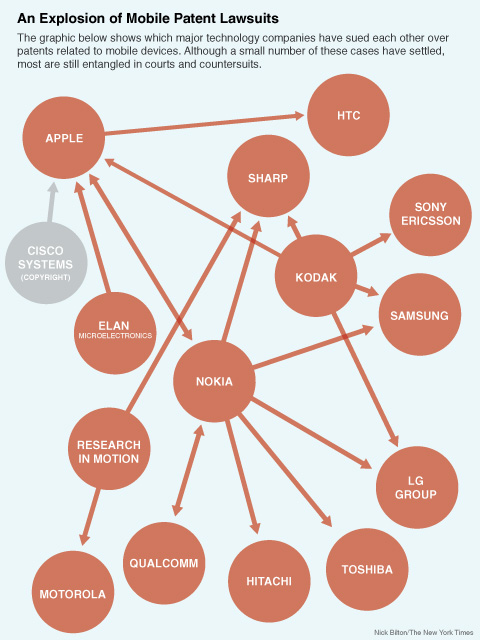Randall Munroe answering "what does xkcd really stand for?":
I've been using that as a unique point in the space of 4-character strings to point to me, you know I've been using it as my name on every service since the 90s because I got tired of changing my name every time my interests changed.
it started out when I was 10 years old and AOL first popped up and I was on there as … I think I had first skywalker4 and then animorph7 and then I'd pick other names … and then I was eventually like, "I'm tired of having names that point to other things, that identify me with those things, I want a string that will just point uniquely to me that's not my name because you know that's kinda boring."Randall Munroe (at 44:30)
he later complains about the 6-character limit of GMail, which caused my friend ozloy to become the ozzloy we know and love today.
Randall's talk is actually pretty neat, I'd recommend finding an hour to watch it. it's funny to me how we both started consuming comics with all of Calvin & Hobbes and taught ourselves braille.
also: how much Google actually knows about you.
I get asked "what does numist mean" quite a lot, and my answer is very much the same: I was really annoyed with all of the interest-based, numerically-suffixed nicks on the internet and how impersonal they were (are), referring to existing brands in order to give the identity a meaning — a first impression before the first impression, usually: "I spend too much time indoors". I spent an entire night and day trying to come up with something, typing it out, seeing if it looked or sounded awkward or already had a meaning, until I came up with numist.
finally, something entirely unique and easily pronounceable, or so I thought. at the time it didn't occur to me that it had a close neighbours in the English language, and I intended it to be pronounced nümist but every so often someone who's never learned another romance language comes up with a dumb-sounding alternative. I later discovered it should have been capitalized as well (Milami made the same mistake), which would have utterly ruined numist for me since I really didn't like the harshly angular properties of the capital N in contrast to the curves of the rest of the nick.
I discovered these shortcomings years after I'd chosen it, making it a bit silly to change. a lot of people know me by this nick now, and it's not uncommon for it to be used as my name in meatspace by folks I originally met online.
